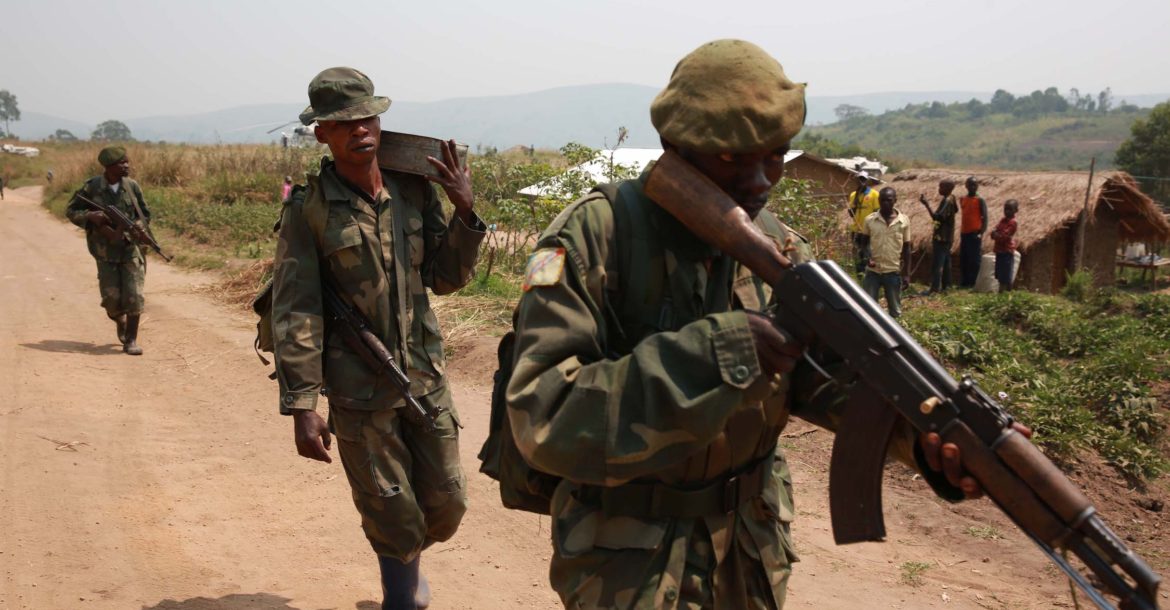
UKRAINE’S DIFFICULT PATH TO JUSTICE
This August, Ukraine’s capital of Kyiv hosted a large international conference entitled “Special Tribunal for the Crime of Aggression against Ukraine: Justice to be Served.” The conference was aimed at reinvigorating global efforts to prosecute the crime of aggression against Ukraine—a crime which cannot be prosecuted under the current jurisdictional regime of the International Criminal Court. Many in Ukraine believe that justice can be served only when a fully-fledged international special tribunal for the crime of aggression is created. However, some of Ukraine’s most powerful allies endorse a “hybrid” tribunal, such as those created for Sierra Leone and Cambodia—which would rely in large part on Ukrainian national law and raise questions about the reach of jurisdiction. Despite optimistic expectations at the beginning of the year, disagreements between Ukraine and its allies have left some wondering: in the end, will justice indeed be served? International law scholars Mariia Lazareva of Ukraine’s Taras Shevchenko National University and Erik Kucherenko of Oxford provide an analysis for Jurist.
Continue ReadingUKRAINE’S DIFFICULT PATH TO JUSTICE


